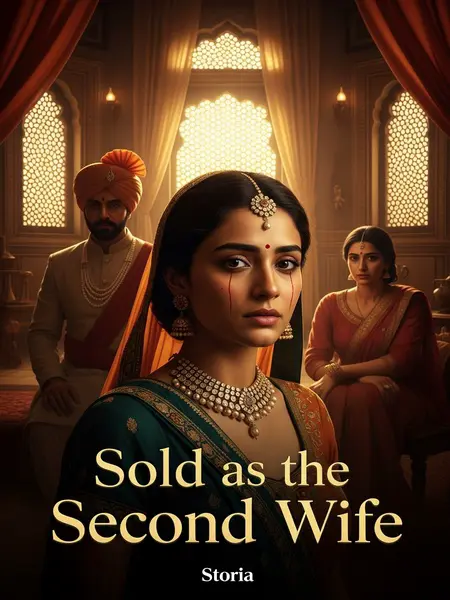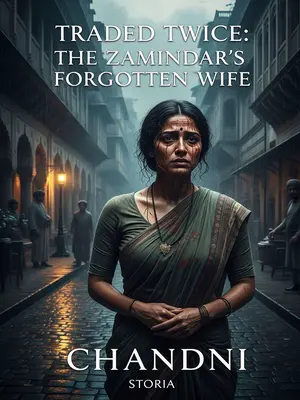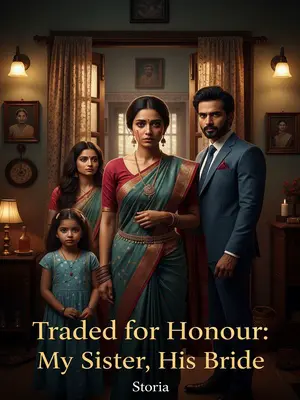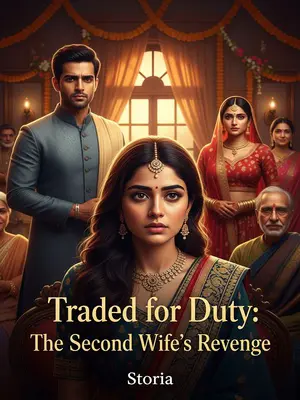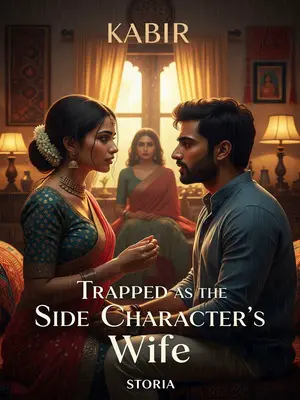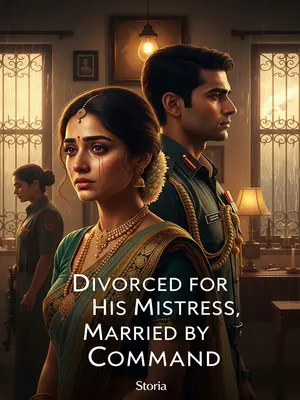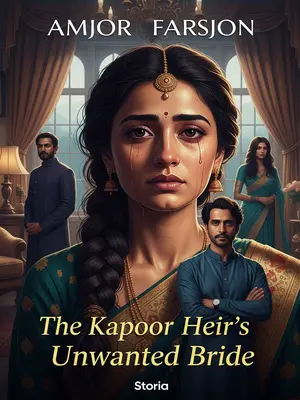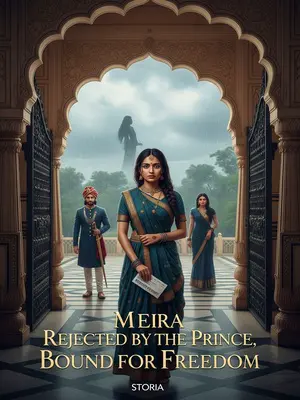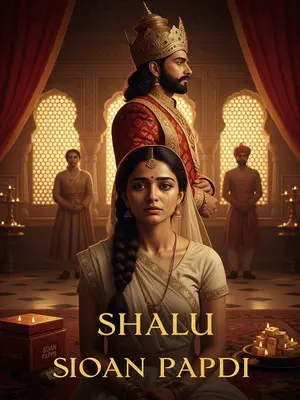Chapter 2: Homecoming and Betrayal
The midnight bazaar faded into dawn as I carried a basket of vegetables home, the familiar weight grounding me. From down the lane, I saw our door half-open. Arjun, in his faded green kurta—washed so many times it was almost colourless—was sweeping the courtyard. The sound of the bamboo broom scraping against the tiled floor was oddly soothing, punctuated by the faint smell of agarbatti drifting from a neighbour’s morning puja. Somewhere, a vegetable vendor’s call carried on the breeze, blending with the hum of the ceiling fan from inside our home.
When Arjun spotted me, he straightened, his smile warm, eyes bright as gulmohar blossoms in spring. "Wife, you’re back! Why’d you go to the vegetable patch so early? It’s cold—the dew is heavy, na? Be careful, don’t catch a chill."
He hurried over, took the basket from my hand, and wrapped my fingers in his, rubbing warmth into my cold skin. "Your hand is like ice, Meera. Jaldi aao, come in, warm up. I made your favourite stewed pear kheer."
I stared at him, dazed. This was the Arjun I knew. My husband.
I remembered the first time we met in the Western Ghats—me, searching for insects, him, a city boy lost on a trek with his friends. After I saved him, he followed me everywhere, his laughter bright as a bell. We took our vows before the temple deity, tying a sacred thread, no need for a grand wedding—just two hearts, and a handful of rice scattered for luck.
He’d told me he had no parents, only distant relatives. When he promised to take me to meet his family after the civil service exam, I believed every word. Now, with the exam just seven days away, I still clung to that hope—the image of him in a crisp kurta, me bustling in the kitchen, laughter of children echoing through the house.
"What are you thinking?" Arjun asked, tapping my nose, eyes gentle. His thumb lingered, tracing the line of my thoughts. "Are you tired?"
He led me inside, settled me in a chair, and brought a white ceramic bowl. The pear kheer was fragrant, but beneath it, I caught a faint, fishy tang—the cold silkworm insect’s scent. My stomach twisted, but I forced myself to accept the bowl.
"Meera, drink it while it’s hot. I learnt this from Aunty Sushma next door. Batao, do you like it?"
Under his anxious gaze, I sipped. "It’s delicious—fragrant and sweet." Arjun eyed the bowl, then snatched it away. "Is it a little cold? I’ll heat it for you."
He hurried to the kitchen, muttering about the proper way to warm kheer, slippers shuffling, hair tucked behind his ear. I tried to memorize every detail, as if the ordinary moments could anchor me.
He stayed home for three days—unusual for him. Each day, I drank the stewed pear kheer. Before leaving, he stroked my face, sighing, "Meera, I’m off for the exam. Wait for my good news. When I pass, you’ll be the wife of a civil servant."
I nodded, watching him go, the street quiet except for the morning calls of the sabziwala and the distant jingle of a neighbor’s radio playing old filmi songs. My heart felt both heavy and empty.
For three nights, sleep eluded me. Why would Arjun do this? The question gnawed at me until, half a month later, a sleek car stopped at my door. The air grew still as the dust settled. A young woman stepped out, elegant and cold, supported by a maid.
She stared at me, voice sharp as glass. "So you’re my husband’s mistress, Meera?"
"Who is your husband?" I managed, bewildered.
She sneered, her rings digging into my chin. "Still pretending? My husband is the third son of the Sharma family—Arjun Sharma."
